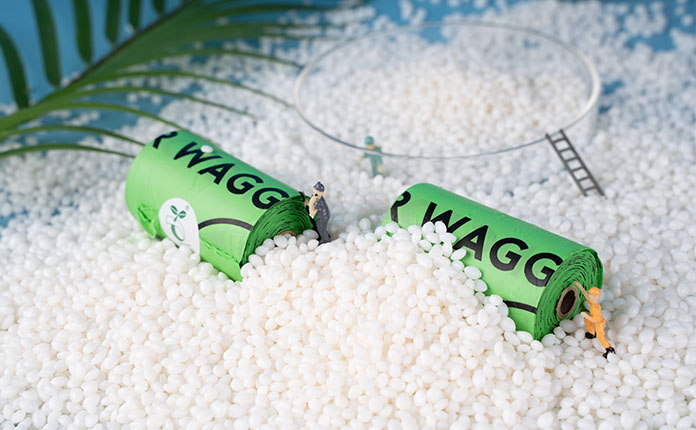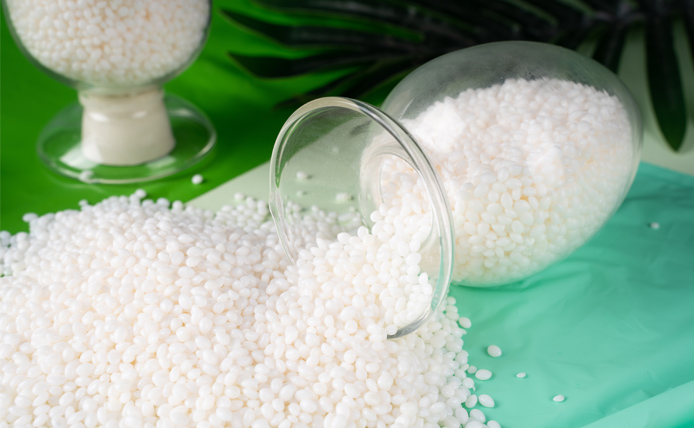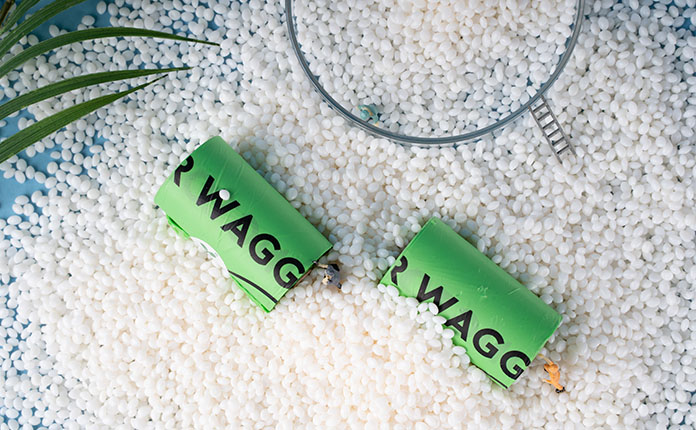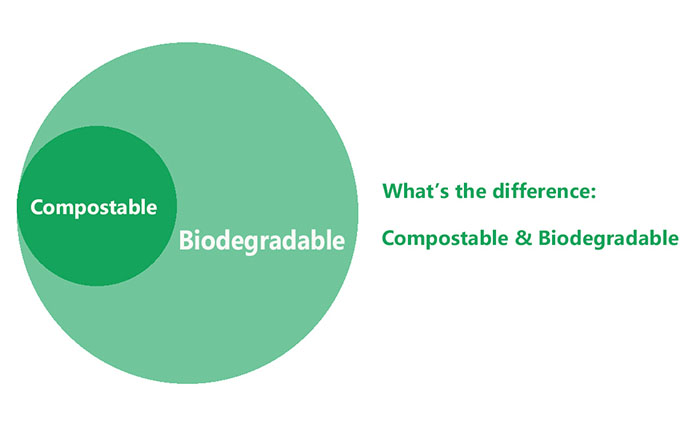Biodegradable Bags From Starch
100% Biodegradable Compostable Corn Starch 30% Bags are primarily used to collect waste scraps, food scraps for home or community composting.
Biodegradable plastic waste made from corn tar helps eliminate regular plastic bags from your home and the environment. Once disposed of, the bio-bags will naturally biodegrade like food scraps, leaving no residue behind. No Polyethylene is used in production . BioBags are GMO (genetically modified organism) free, certified for Used in organic farming.
















